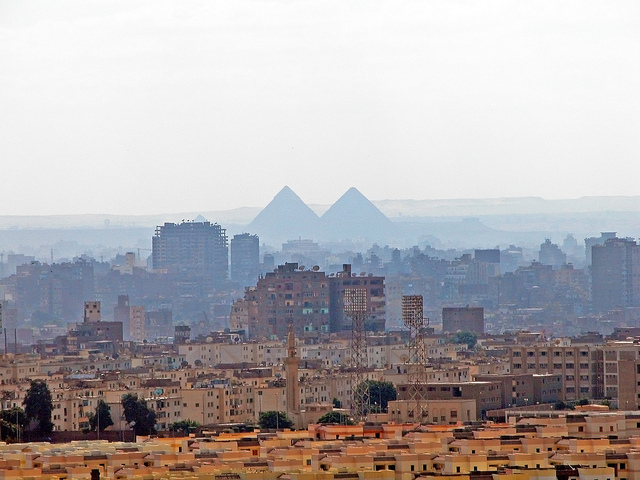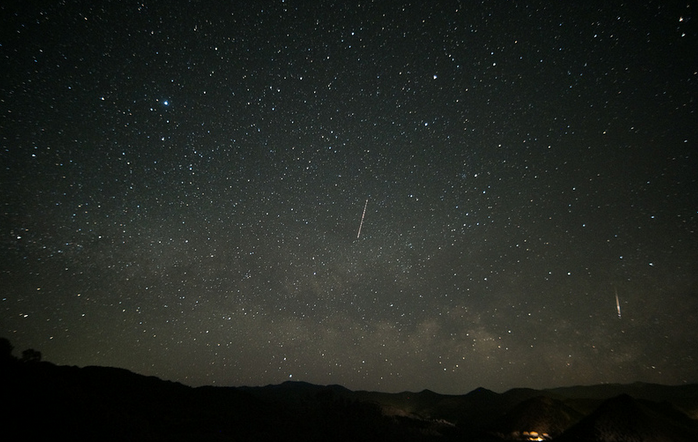Does Atlantis Exist, and Where Does the Name Originate?
Around 350 BC, the Greek philosopher Plato wrote about an island situated in front of the Pillars of Hercules, that disappeared under the sea in one day and one night. According to Plato, the capital of Atlantis was built on a hill and surrounded by rings of water, which were joined by tunnels large enough for a ship to sail through. A huge canal connected the outer rings of water to the ocean.
The possible existence of the island of Atlantis has intrigued scholars and scientists over the centuries.
In 1800s a man called Ignatius Donnelly wrote a bestselling book called Atlantis, the Antediluvian World. After studying flood history, Ignatius put forward the suggestion that Atlantis was not fiction, but the recording of a natural disaster.
Most modern academics insist that Plato created the story, and was perhaps inspired by events that happened during his lifetime, but that the island never existed.
The subject of dreams, of magical tales and many a search, Atlantis has long captured our imagination. But where did all of this spring from?
Have You Been ‘As Good as Gold?’
In the run up to Christmas, children are often asked if they have been ‘good’. Perhaps you have answered ‘I have been good as gold’, but do you know where that simile comes from?
Egypt – The Land of a Soul of a God
Have you ever visited Egypt? Or even just travelled in your imagination to see the pyramids and the Sphinx? Well, now we are going to travel back in time along the path of the word itself, to see where it came from.
Shooting stars, Weather, and Rocks falling from the Sky!
What do shooting stars, weather and rocks falling from the sky have in common? Are you wondering whether we have gone mad asking such a question? Do rocks ever fall from the sky? Of course they do! You might know them better as “meteorites”, and they are meteors, or rocks from outer space, that fall down to the earth. And what does that have to do with weather? It’s not like they come down like rain! And before you say to yourself “meteor shower”, remember that a meteor is actually a shooting star, a space-rock that burns up in the Earth’s atmosphere. Related, yes, but weather, no.
The weather connection is through another word, generally used to mean “study of the weather”. That word is “meteorology”. As you can see, all three have something in common – the word “meteor”.
So what is this word, and how did it come to mean these different things?
Meteor came into English through French in the late 15th century. In French it was meteore. Very similar, you might think. Does this mean that it is a French word. Not at all. The next question we must ask ourselves is where did French get it from? The answer is from Medieval Latin meteorum, which meant “things in the heavens”. But this is not the end of the tale. Latin took the word from ancient Greek, and in Greek we can analyse the word to see what it really means.
The Greek word μετέωρα (meteora) can be broken into two parts: meta, which means “over, beyond” and aora, which comes from the verb αείρω/ αίρω (aeiro, airo), which meant “to raise, lift up”. Even today, in Modern Greek, αιωρείται (aioreitai) means “it hovers”. All this means that the original meaning of the word was “thing that is raised in the air”. And even in ancient times this developed to mean “things in the sky” and gradually came to have the meaning it does today.
Another interesting point is that the word “air” is in fact from the same root as αείρω (aeiro), which makes it a distant cousin, or cognate, of “meteor”.
Did you know:
One of the largest and most famous meteor craters is to be found in northern Arizona, desert of the U.S. It is 1,200m wide, 170m deep and calculated to be created 50,000 years ago! It is more commonly known as the Barringer Crater.
Title Photography: Mike Lewinski 2013





